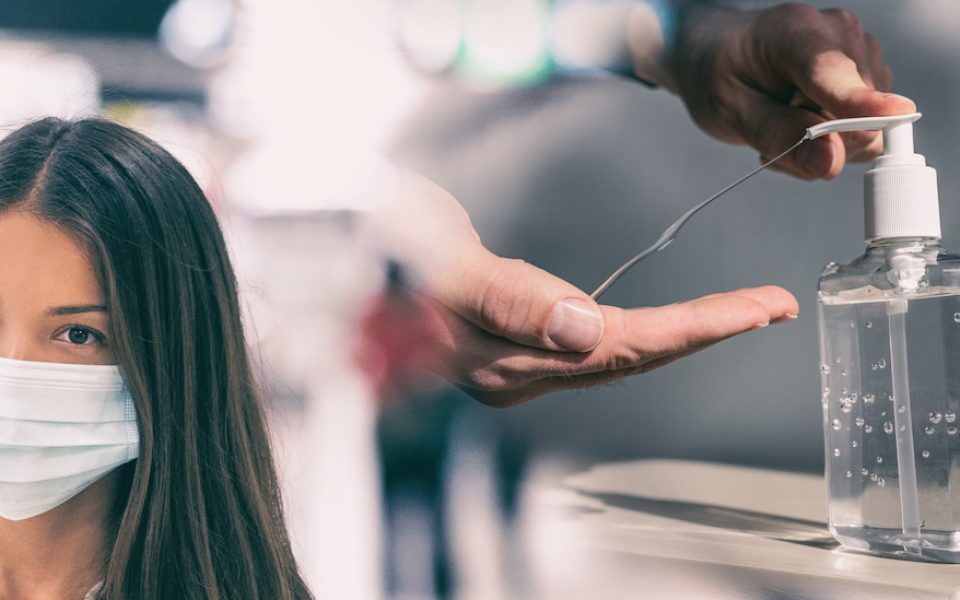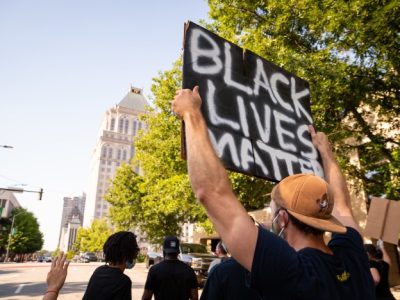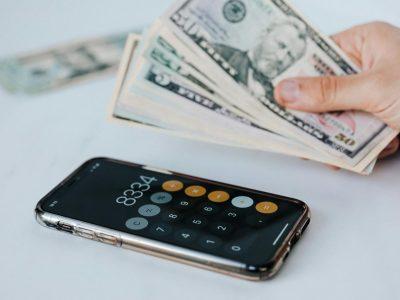The crisis that overtook the United
States last week beggars belief.
The reckoning with the speed at which the virus is spreading across the country caused life as we know it to come screeching to a halt. On March 11, the ACC announced that tournament games at the Greensboro Coliseum would be played without fans in attendance. And then, on March 12, the tournament was abruptly canceled, wiping out income for hourly city employees and contract workers. By the end of the day, the biannual spring furniture market in High Point — an event that annually generates $6.8 billion in economic activity and $616 million in tax revenue, according to a study by Duke University — was postponed until June. Events large and small were canceled, and restaurant workers braced for an interruption in income.
On the night of March 11, I learned that Wake Forest University, along with UNC System schools and virtually every other university in the state, would be cancelling classes, and I would be teaching my investigative reporting class via Google Hangouts. By order of Gov. Roy Cooper on March 14, all K-12 public schools are closed for the next two weeks, at least, so I’ll be looking for ways to keep my 6-year-old occupied while I work from home. Daycare is still open — at least so far — so childcare for my 1-year-old is still covered. Worship services canceled on Sunday. Our family watched an Episcopal service at the National Cathedral in Washington, DC, including a sermon patched in remotely from Presiding Bishop Michael Curry, streaming over YouTube. We recited the Nicene Creed from our living room.
Adjustments such as these, while
dramatic to the person experiencing them, are utterly unremarkable in the
bigger picture because of the ubiquity of the pandemic. Unlike a hurricane or a
terrorist attack, with victims on the front lines and concentric rings of
impact, the impact of the coronavirus is diffuse considering that every human
being on the planet could potentially become infected or become a passive
carrier. That said, just as cruise ships, airports, sporting events,
conferences and international governance and celebrity networks became coronavirus
hot zones, we must now consider nursing homes, prisons and jails as front lines
in preventing the spread of infection.
The most surreal aspect of the crisis is that everything still looks the same, because a pandemic is largely invisible.
It brings to mind a zombie movie where there are signs of normal life instantly interrupted, like vehicles idled on the side of an interstate, but in this case there’s no visible wreckage. There are still cars circulating through the streets, although traffic is lighter, but everything is suffused in an odd stillness. Or maybe it only seems that way because I’ve internalized the new rhythms of cancellations and remote meetings.
God willing, the casualties from
infection will be minimal, but the economic consequences of the draconian
measures taken to contain the pandemic will likely cause vast wreckage.
As the Washington Post reported on March 14, “the United States is
suffering the most abrupt and widespread cessation of economic activity in its
history,” so it’s difficult to imagine that the sudden drop in retail and
restaurant spending and travel, and the slowdown in work won’t trigger a severe
global recession. Maybe the only hope for avoiding catastrophic economic harm
is if the pandemic is quickly brought under control and pent-up demand revives
the economy.
We’re all freaking out, right? We
should be. And I certainly am. But at the same time, this period calls for
steady and calm stewardship from local and state officials (we can figure this
out without Trump’s guidance, thank you), and clear, accurate information from
journalists.
More importantly, the moment calls
on us to strengthen bonds of social solidarity, even as we must implement
“social distancing” measures to protect each other. Now, we need to be
martialing our compassion and ingenuity to figure out how to meet the needs of
the most vulnerable in ways we never did before. Now that the mask of
competency and legitimacy has slipped from the federal government, we should be
figuring out how to remake institutions so they protect and support people
instead of exploiting and preying upon those who are already the most
marginalized.
We will get through this, as this
week’s cover of Triad City Beat declares.
We don’t know what the future holds. But let us pray that we will use this time
of reflection to become better than we have been.
Join the First Amendment Society, a membership that goes directly to funding TCB‘s newsroom.
We believe that reporting can save the world.
The TCB First Amendment Society recognizes the vital role of a free, unfettered press with a bundling of local experiences designed to build community, and unique engagements with our newsroom that will help you understand, and shape, local journalism’s critical role in uplifting the people in our cities.
All revenue goes directly into the newsroom as reporters’ salaries and freelance commissions.





Leave a Reply